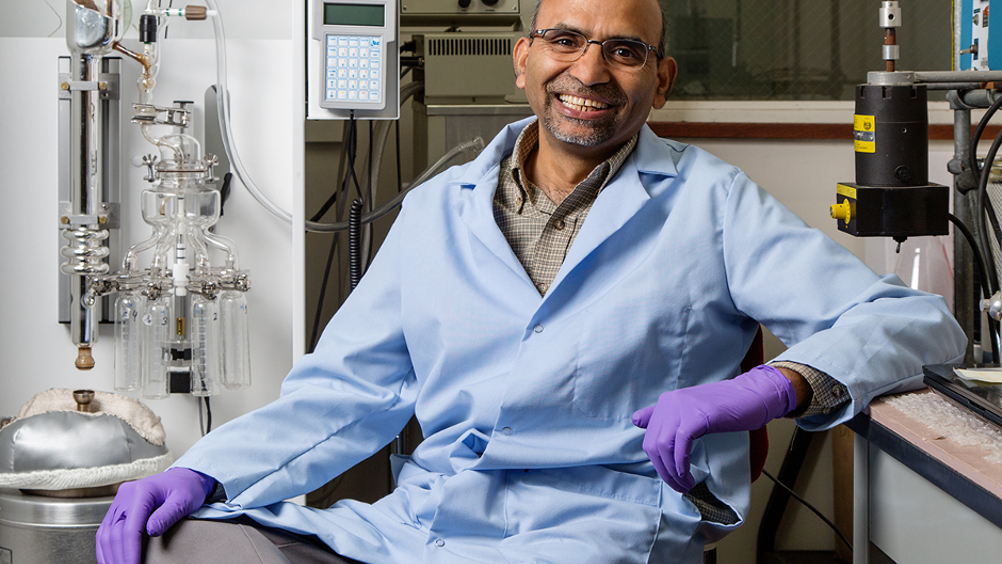Biofuel production boost from catalyst made from palladium and bacteria
A catalyst made from palladium and bacteria could lead to biofuels that are more affordable and environmentally-friendly to process.

Biofuels made from renewable materials offer an alternative to petroleum-based sources, but many biofuels are costly to produce because the precursor product - bio-oil - must be processed before it is sent to the refinery to be turned into liquid fuel.
B.K. Sharma and his co-authors at the Illinois Sustainable Technology Centre (part of the Prairie Research Institute, University of Illinois) have identified and tested a new processing method that promises to overcome this step.
"Bio-oil forms from the same chemical reaction that forms petroleum," Sharma said in a statement. "But what takes millions of years naturally in the ground takes only minutes in the lab using a process that is very similar to pressure cooking."
Published in the journal Fuel, their findings are said to point to a cheaper, more environmentally friendly and renewable catalyst for processing that uses common bacteria and the palladium, which can be recovered from waste sources such as discarded electronics, catalytic converters, and processed sewage.
Register now to continue reading
Thanks for visiting The Engineer. You’ve now reached your monthly limit of news stories. Register for free to unlock unlimited access to all of our news coverage, as well as premium content including opinion, in-depth features and special reports.
Benefits of registering
-
In-depth insights and coverage of key emerging trends
-
Unrestricted access to special reports throughout the year
-
Daily technology news delivered straight to your inbox










UK Automotive Feeling The Pinch Of Skills Shortage
Aside from the main point (already well made by Nick Cole) I found this opinion piece a rather clunking read: • Slippery fish are quite easy to...